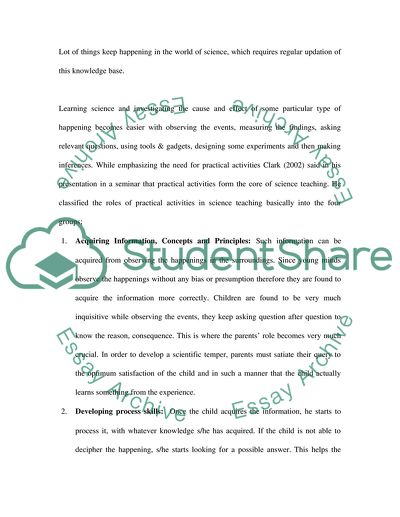Cite this document
(“Development of Children's Scientific Skills and Knowledge Essay - 1”, n.d.)
Retrieved from https://studentshare.org/psychology/1521227-development-of-childrens-scientific-skills-and-knowledge
Retrieved from https://studentshare.org/psychology/1521227-development-of-childrens-scientific-skills-and-knowledge
(Development of Children'S Scientific Skills and Knowledge Essay - 1)
https://studentshare.org/psychology/1521227-development-of-childrens-scientific-skills-and-knowledge.
https://studentshare.org/psychology/1521227-development-of-childrens-scientific-skills-and-knowledge.
“Development of Children'S Scientific Skills and Knowledge Essay - 1”, n.d. https://studentshare.org/psychology/1521227-development-of-childrens-scientific-skills-and-knowledge.


